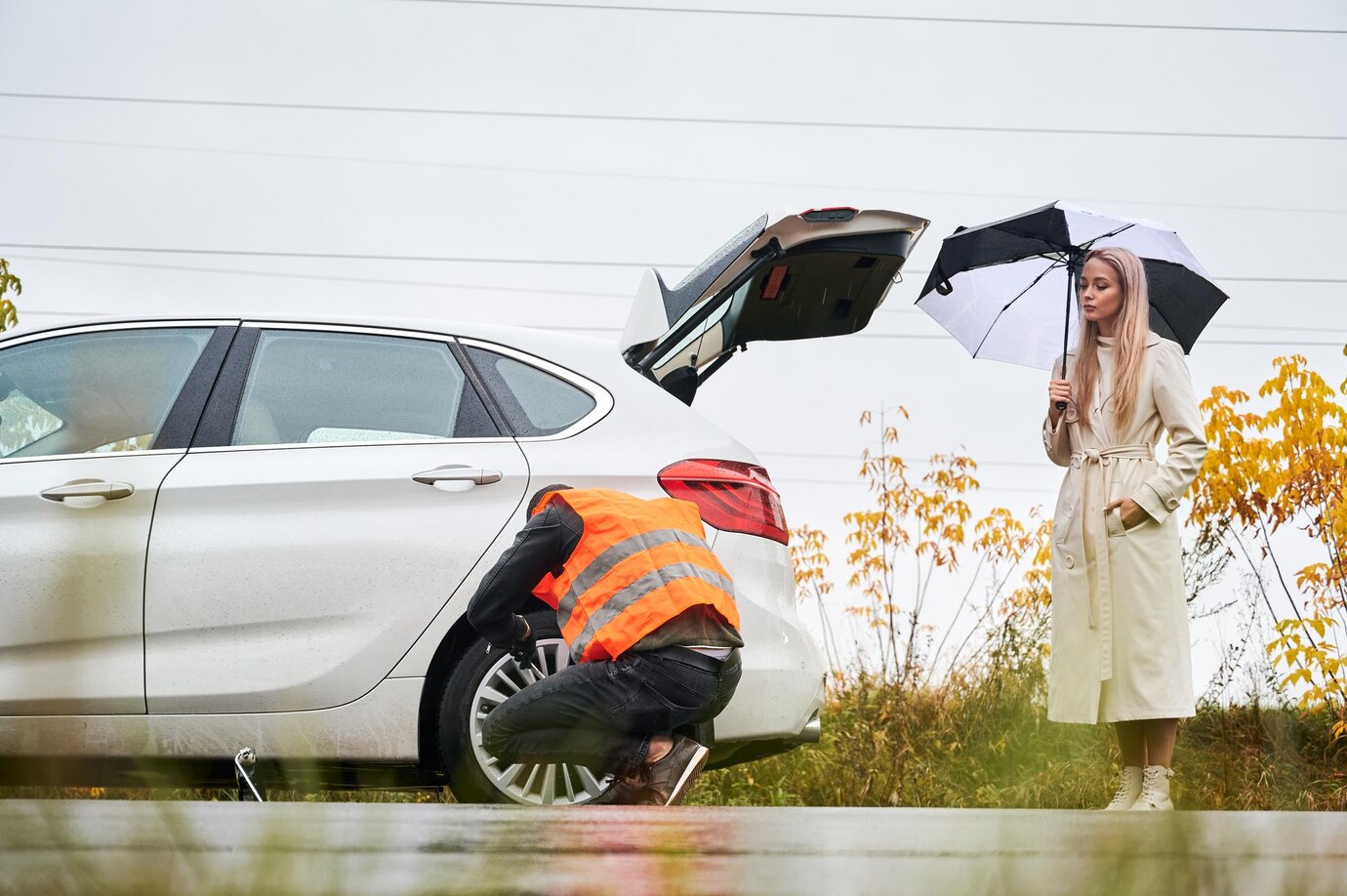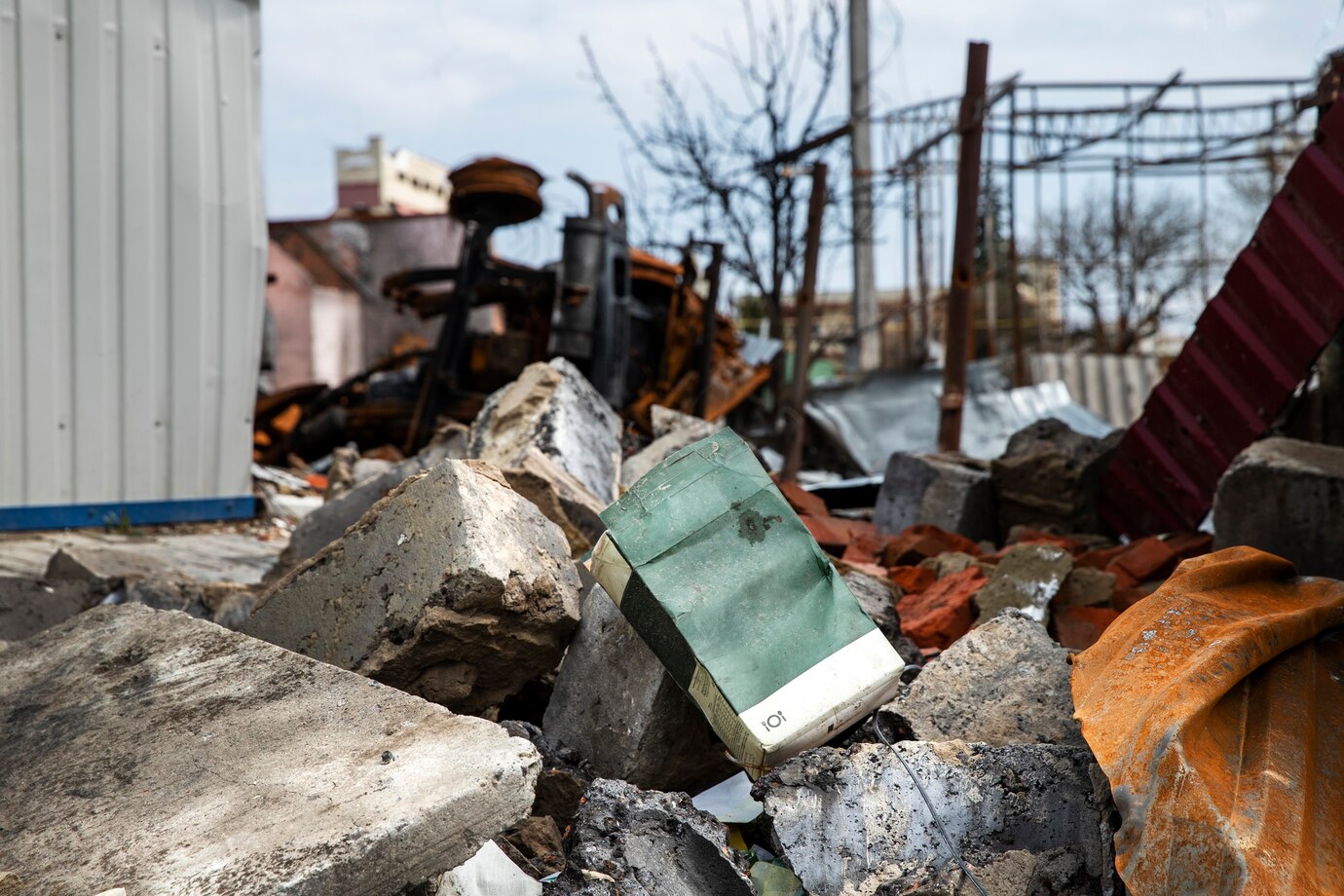Colorado is one of the best states for RV travel, whether you’re exploring the San Juan Mountains or setting up camp at Rocky Mountain National Park. But before hitting the road, it’s important to have the right RV insurance—because auto insurance alone won’t fully cover your motorhome or camper.
How RV Insurance Differs from Auto Insurance
Many RV owners assume their auto insurance extends to their RV, but this is only partially true. While motorhomes require separate insurance, travel trailers and campers may need endorsements on an existing auto or home policy.
What Does RV Insurance Cover?
🏕 Liability Coverage – Required in Colorado for motorhomes, covering injuries and property damage if you cause an accident.
🏕 Collision Coverage – Pays for RV repairs or replacement after an accident, regardless of fault.
🏕 Comprehensive Coverage – Covers theft, vandalism, hail, and wildlife damage (especially useful in Colorado!).
🏕 Personal Belongings Coverage – Protects furniture, electronics, appliances, and camping gear inside the RV.
🏕 Vacation Liability Insurance – Provides coverage if someone gets injured at your campsite while using your RV.
🏕 Full-Time RV Insurance – If you live in your RV full-time, this functions like homeowners insurance, covering personal property, liability, and loss of use.
What’s Not Covered?
🚫 Routine maintenance or mechanical breakdowns.
🚫 Personal injuries inside the RV (medical payments or health insurance needed).
🚫 Flood damage (requires separate flood insurance).
How Much Does RV Insurance Cost?
💰 Motorhomes: $800 – $3,000 per year.
💰 Travel trailers & campers: $250 – $800 per year (as an add-on to auto/home insurance).
Final Thoughts
RV insurance is essential for protecting your investment and avoiding unexpected costs. If you travel frequently or live in your RV full-time, comprehensive coverage is a must to protect your home-on-wheels.












